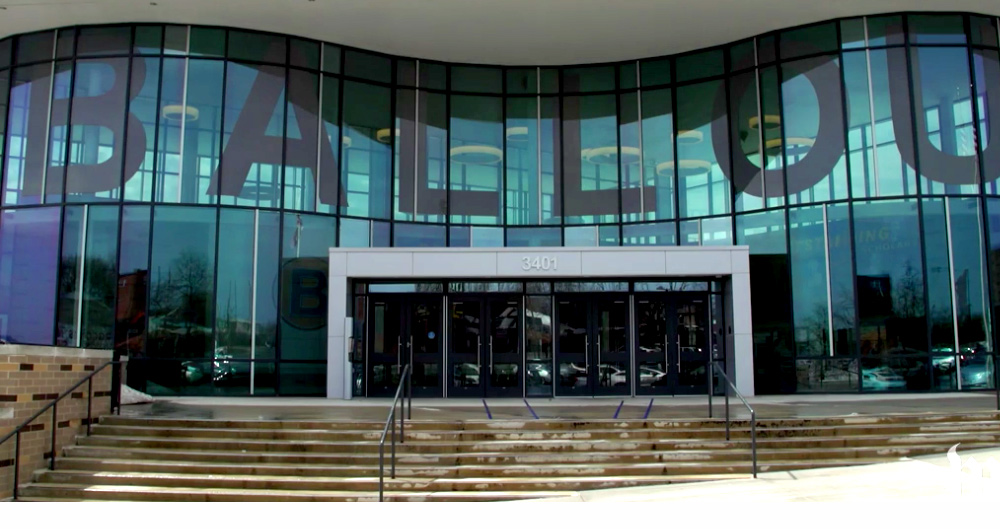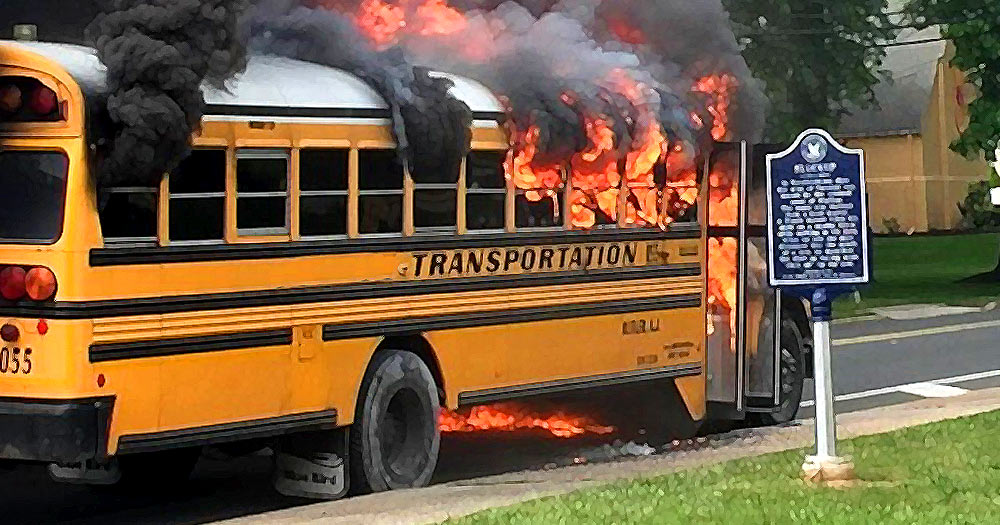Months ago, Ballou High was widely lauded for posting impressive gains in graduation rates — from a abysmal 51 percent two years ago to a much less terrible 64 percent this year — and for the even more remarkable feat of getting every single graduate accepted by a community college or university.
“Pay-dirt!” I sarcastically proclaimed at Townhall.com.
But the real dirt was dug up by WAMU, a National Public Radio affiliate in the nation’s capital. What did Ballou students learn? How to cheat.
Well, that appears to have been the lesson plan, anyway.
In numerous interviews — many given on conditions of anonymity for fear of retribution — teachers charged they were pressured by the administration to give grades that students did not earn, so those students could nonetheless graduate.
“Last year, DCPS put school administrators entirely in control of teacher evaluations.…” And those evaluations, which grade teachers and administrators on student performance, can mean as much as $30,000 in bonus pay.
The incentive to cheat is both obvious and sizable.
The mayor and the chancellor of the D.C. Public Schools quickly announced an investigation, but regular observers suspect the usual “white-wash.”
“This is [the] biggest way to keep a community down,” protested one black teacher. “To graduate students who aren’t qualified, send them off to college unprepared, so they return to the community to continue the cycle.”
That tragic cycle is captured in public education’s corrupt cycle: promised reforms followed by false claims of progress … followed by the discovery of cheating.
This is Common Sense. I’m Paul Jacob.











